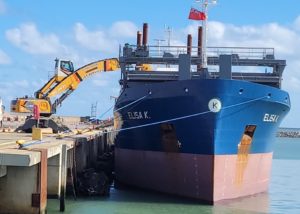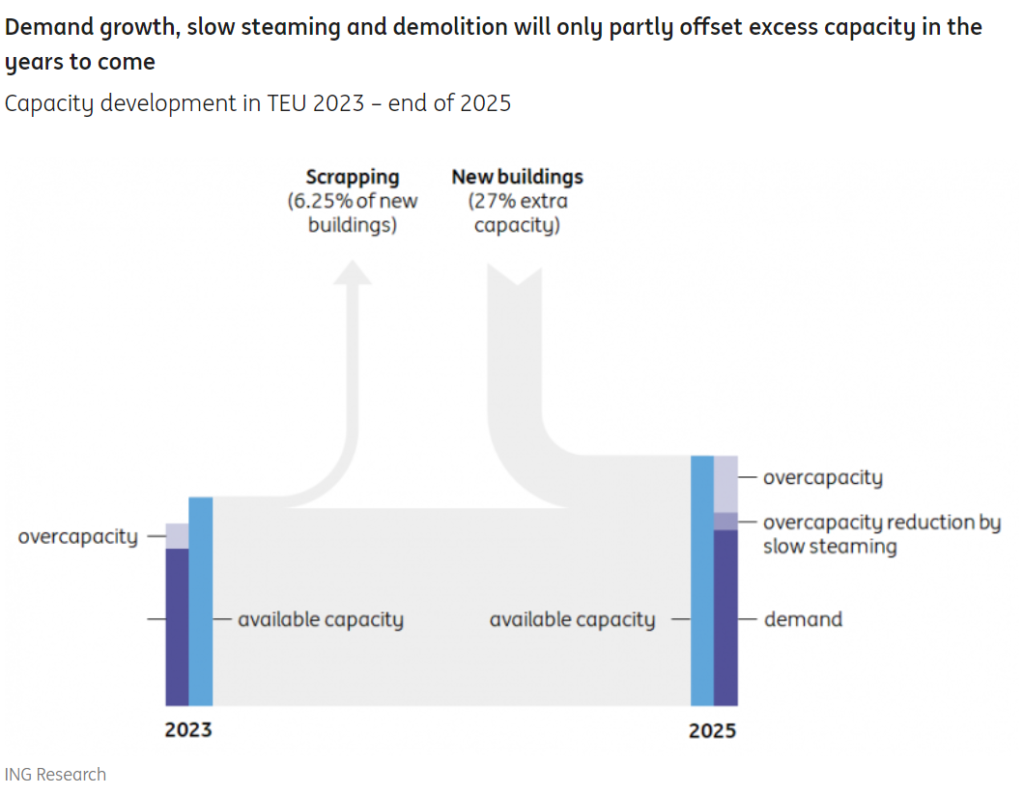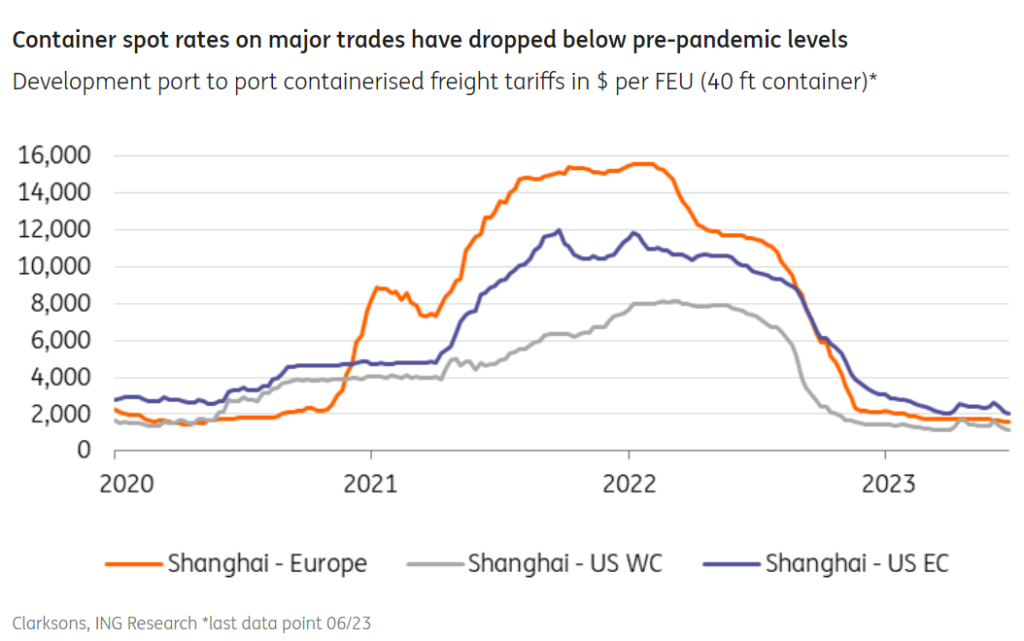On 24th December, 2024, JST Ports & Logistics Holdings Ltd (“JST”) completed the acquisition of the rail-handling and logistics company, RFS Works Ltd (“RFS”), for an enterprise value of £18.3 million from Aggregate Industries UK Ltd and GRS Roadstone Group Ltd.


RFS, headquartered in Harlow, Essex, is a leading provider of integrated services for bulk material handling, logistics, earthworks and heavy mobile equipment solutions, primarily focused on the rail transportation sector.
JST, based in Ayr, Scotland and operating throughout the UK, is an independent port handling specialist in the bulks and general cargo sectors, utilising its specialised fleet of mobile cranes and materials handling equipment.
The combination of the RFS and JST businesses will create the leading, independent, UK ports and rail logistics specialist with circa 200 employees, a materials handing fleet comprising more than 100 large machines, and combined annual revenues approaching £40 million.
This landmark transaction marks the second strategic add-on acquisition since the primary MBI of JST by Richard Jennings, backed by Shard Credit Partners Ltd, in December 2020. In 2024, JST was awarded a King’s Award for Enterprise, for Innovation.
Both RFS and JST have histories dating back over 30-years and have developed unique and industry-leading positions in their respective sectors during this time. Whilst RFS has historically focused on the bulk aggregates and construction materials sectors, JST serves a diverse base of customers handling a wide range of commodities including aggregates, timber, steel, agri-bulks, general bulks, recycling and alternative fuels. The newly merged company will have the capability to offer uniquely integrated ports and rail materials handling, transportation and logistics services across the UK and Ireland. Aggregate Industries and GRS will continue to work closely with RFS going forward.
Richard Jennings, CEO of JST said, “The acquisition and merger of JST with RFS is a deal that has been a long time in the making. The strategic fit and opportunity to drive real synergies on multiple fronts represents an exciting opportunity to enhance the overall service offering to all our customers and drive operating efficiencies. We have been working closely with the senior leadership team at RFS and look forward to strengthening ties and building a market-leading business together in the coming months”.
Alastair Brown, Founder and CEO of Shard Credit Partners Ltd commented, “we are delighted to have been able to support Richard and his team in delivering this transformative acquisition and look forward to assisting in the integration of RFS with JST to drive significant value creation for our fund investors”.
JST is majority-owned by alternative investment fund manager Shard Credit Partners Ltd, through its UK SME direct lending strategy and current CEO, Richard Jennings, both having invested through an MBI in December 2020.
JST was advised on the acquisition by Newcastle-based RG Corporate Finance, with a team led by partner Carl Swansbury, supported by CF director Alex Simpson and CF manager Sam Shield. JST received legal advice from Gateley, led by banking and finance partner Andrew Madden with Rebecca Mills and M&A advisory partner Oliver Harker supported by George de Stacpoole. Gateley also produced the legal due diligence report. Hickman Shearer undertook technical due diligence. Financial and tax due diligence was undertaken by Azets. AIUK and GRS Roadstone received legal advice from Addleshaw Goddard. Working capital and asset-based financing was arranged by Specialist Asset Finance Ltd via Cynergy Business Finance Ltd, who were advised by Shoosmiths, led by Natalie Barnes.
About Shard Credit Partners:
Shard Credit Partners is an alternative investment fund adviser focused on high cash yielding private credit strategies in the UK lower mid-market. Current assets under management is circa £200 million. Its funds seek to generate superior risk-adjusted returns from conservatively structured senior secured credit investments with meaningful equity upside. Fund strategies include corporate direct lending, technology venture financing and international trade finance.
Shard Credit Partners successfully completed eleven primary investments and around thirty bolt-on acquisitions from its debut direct lending fund Shard Credit Partners Fund I, which held a first close in October 2017 at £90.2 million. Shard Credit Partners plans to hold a first close on its second vintage UK lower mid-market direct lending fund with a target of £250 million during Q4 2025.
Shard Credit Partners invests in small to medium sized businesses with strong management teams, supporting them by providing transformative growth capital and event driven financing in support of innovation, growth and expansion. The Fund invests in businesses across all sectors and throughout the UK. The firm has a strong ESG focus; in particular, it is a strong supporter of female entrepreneurs and firms with meaningful female leadership, ownership and senior management.
Shard Credit Partners Ltd is an Appointed Representative of Shard Capital AIFM LLP, authorised and regulated by the FCA (FRN 615463).
| Contact details:
Shard Credit Partners |
Investor relations: IR@shardcreditpartners.com
Business: info@shardcreditpartners.com Website: www.shardcreditpartners.com |

